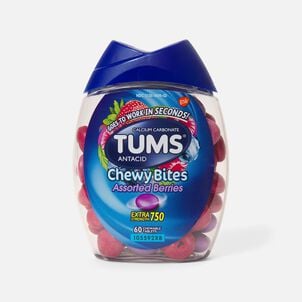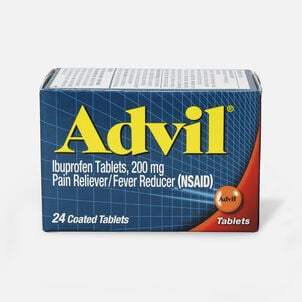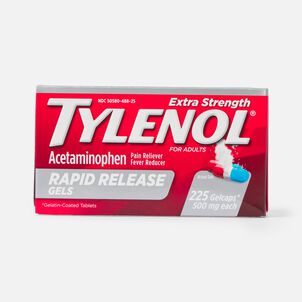Can you explain the OTC prescription requirement?

Update: As of March 2020 with the passage of the CARES Act, the OTC Rx requirement has been repealed and prescriptions are no longer necessary to purchase over-the-counter medicines with an FSA or HSA. Additionally, menstrual care products like tampons and pads are fully FSA-/HSA-eligible. Learn more here.
Since open enrollment is well underway, and we're speaking to a growing group of new FSA owners, it's only right that we revisit one of our most-common questions -- why do we need a prescription to buy over-the-counter (OTC) meds with our FSA cards?
If you've wondered about this, we definitely understand your confusion. Obviously, if you wanted to purchase OTC products like ibuprofen or cold medicine with a standard form of payment, you wouldn't need a script for them. So why would you need to prove a medical need to use tax-free funds? Let's get one thing out of the way, it's a requirement imposed by the Patient Protection and Affordable Care Act (PPACA) and enforced by the IRS.
A quick history lesson
The answer dates back to January 1, 2011 -- a veritable lifetime in consumer healthcare years -- when the government passed PPACA. This law established a new uniform standard for medical expenses, meaning OTC products containing an active medical ingredient of any kind would require a prescription from a doctor.
But the government isn't doing this to make things more difficult, or even to discourage use of tax-free funds. Instead, the initial thinking was that this OTC provision would help raise revenue to expand coverage for uninsured Americans.
So, long story short, if you want to buy these products without having to pay taxes on them, you'll need to verify a qualified medical need for doing so. This includes the items mentioned above, alongside any other pain relievers, cold and allergy remedies, and even cough drops.
Don't worry!
It's not like the OTC rule applies to everything on our site - just things that contain an active medicinal ingredient. So, medical supplies like crutches, bandages and even diagnostic devices still qualify for FSA reimbursement without any other documentation. In fact, of the 4,000+ eligible items in our store, only a small percentage requires a prescription, so shop with confidence!
And to add to that confidence and create less confusion, we even make it easy for you to decipher which products require a prescription and which do not, with a simple check mark symbol for no prescription required and an Rx symbol for when it is.
Are there changes coming?
There's always hope, but we don't like to think of the OTC provision as "something to work around.". Does it make things slightly more complicated for FSA users? Maybe… but we have our own answer for this -- the Prescription Process.
By using this simple tool, if you purchase eligible OTC medicines at FSAstore.com, you just need to click on the prescription banner to get started. Then, you simply need to provide a physician's name, address and phone number, and our pharmacy partner will reach out directly for the required docs to help you obtain the prescription to complete the purchase. No other work is required.
So, reform might be underway in Washington, but at least you know you have a way to buy these products tax-free, with minimal fuss. Once you start seeing the savings, we think you'll realize it's about as effortless as can be.
-
Thank you for visiting the FSA Store Learning Center. Don’t forget to follow us for more helpful tips on Facebook, Instagram, and Twitter.


















